- Overview
- Symptoms
- Causes & Risks
- Tests & Diagnosis
- Treatment
- Living With
- Complications
- Support & Resources
- Appointment Prep
- View Full Guide
The Fantastic Achievements of 10 Top Athletes With Crohn's

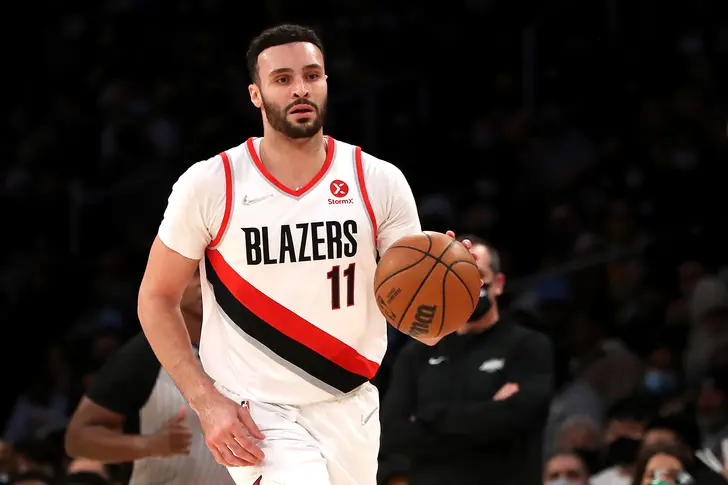
Larry Nance Jr.
NBA forward Larry Nance Jr. recently had knee surgery with a 6-week recovery. Athletes get injured all the time and have to miss games. But when Nance was a college freshman he had a flare-up of Crohn’s disease, taking weeks off and losing 20 pounds. Now the 28-year-old feels fortunate that he hasn’t had recent flare-ups, and he’s dedicated to supporting others with the disease. “The overarching goal would be a cure,” he told People.com. He believes in showing kids and adults that they’ll have to manage this disease for the rest of their life, but “it still shouldn’t stop you from being and achieving anything that you want to.”

Ali Carter
Snooker is a cue sport similar to billiards, dating back to 1882. Crohn’s has never stopped Allister Carter, a British professional snooker player. He’s been a runner-up in the world championships twice, won four ranking titles, and has ranked No. 2 in the world. He turned pro in 1996 but wasn’t diagnosed with Crohn’s until 2003. When he soared to the world championship, he knew his future depended on his battle with Crohn’s. He found success by eliminating dairy and wheat weeks before major events.
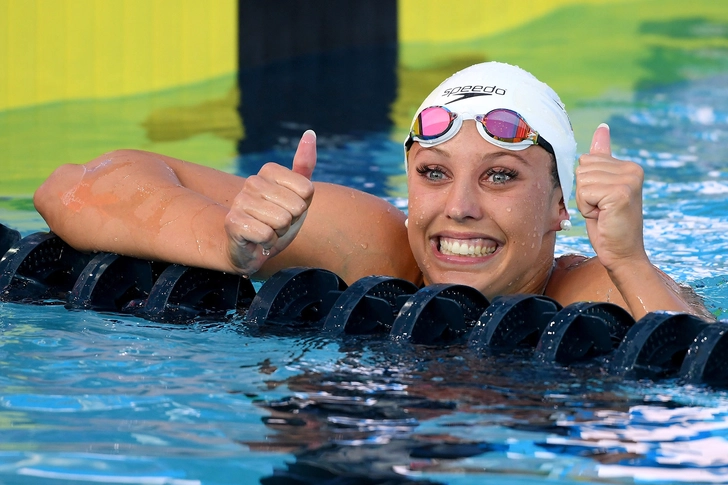
Kathleen Baker
After breaking national swimming records at 12, Kathleen Baker developed severe Crohn’s symptoms, unable to get through an entire practice. She feared that her love of swimming would be taken away. She hid her illness, saying, “I didn’t want to be known as that sick kid,” she told Olympics.com. Her life changed again when she found a doctor with a solution: self-administered bi-weekly injections into her abdomen. Her parents and coaches tried to limit her workouts, but she was determined -- until realizing that fewer practices than her teammates were essential for her health. Baker became an Olympic gold and silver medalist and record holder in the100-meter-backstroke. At the age of 23, she was an inspiration to others with Crohn’s.

Carrie Johnson
Sprint canoer Carrie Johnson was just 19 when a strange array of symptoms -- fatigue, anemia, and weight loss -- forced her to pass on an invitation to join the U.S. canoe/kayak team on its way to the 2003 world championships. She went to five doctors before one correctly diagnosed her illness. “I had never heard of Crohn’s, so that was scary,” Johnson told the Los Angeles Times. “It took a while to really learn about it and get over freaking out.” But not too long a while. Thanks to changes in her diet and training regimen, she was able to race at the 2004 Olympics -- and went on to compete in the 2008 and 2012 Summer Games. Now 38, Johnson says the break from paddling in 2003 actually fueled her competitive spirit since it “made me realize how much I wanted to be doing it.”
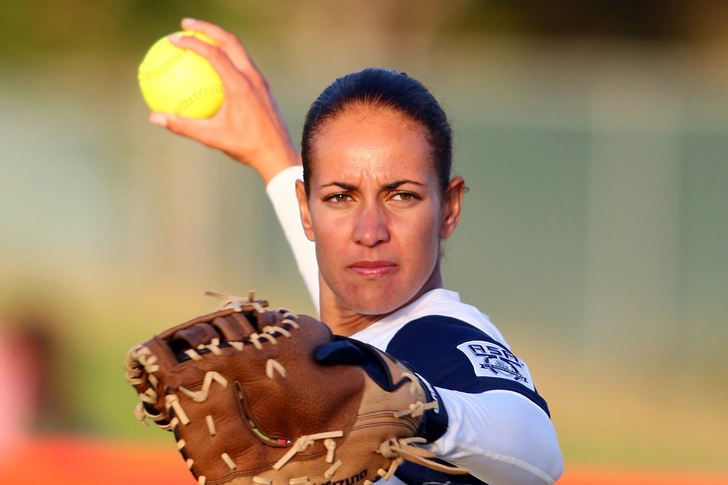
Tairia Flowers
Tairia Flowers began her softball career as a first baseman and catcher for the UCLA Bruins. At the 2004 and 2008 Summer Olympics, she won gold and silver medals for Team USA, a feat few people with or without Crohn’s achieve. Flowers won a silver medal in Beijing in 2008, eating only plain pasta and bread, adhering to bed rest when necessary. Currently, she is head softball coach at Loyola Marymount University in Los Angeles, devoted to inspiring athletes to rise above their challenges.
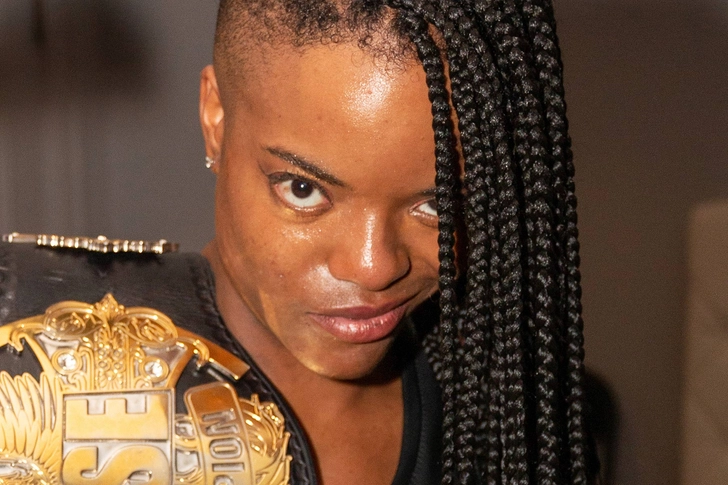
Aerial Hull
Her nickname is Big Swole and she’s a fighter in many senses of the word. She uses social media to communicate more than her two passions: wrestling and World Wrestling Entertainment (WWE). She’s honest about how Crohn’s affects her life, both in the ring and personally. On Twitter, she posts updates on her health and flare-ups, detailing how she can’t walk when her joints swell. Yet she remains optimistic that new treatments will allow her to wrestle once again. Follow her on Instagram, #Crohnies.
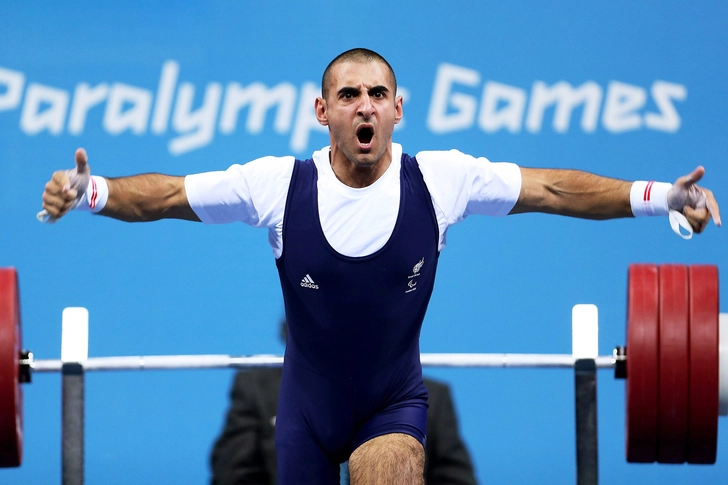
Ali Jawad
Powerlifter Ali Jawad has overcome many challenges, born without legs during a conflict between Lebanon and Israel. His parents emigrated to London and he was diagnosed with Crohn’s. He began powerlifting at 16. He finished fourth in the British Paralympics in 2012 and earned gold with a world record at the Asian Open Championships. He believes anything is possible, even when he had to miss 18 months of competition after the Paralympic games, fearing his career was over. His comeback was bronze in the Gold Coast 2018 Commonwealth Games. His Twitter profile states his sporting philosophy: “Why be the best when you can be the greatest?” That’s why he’s called The Showman.
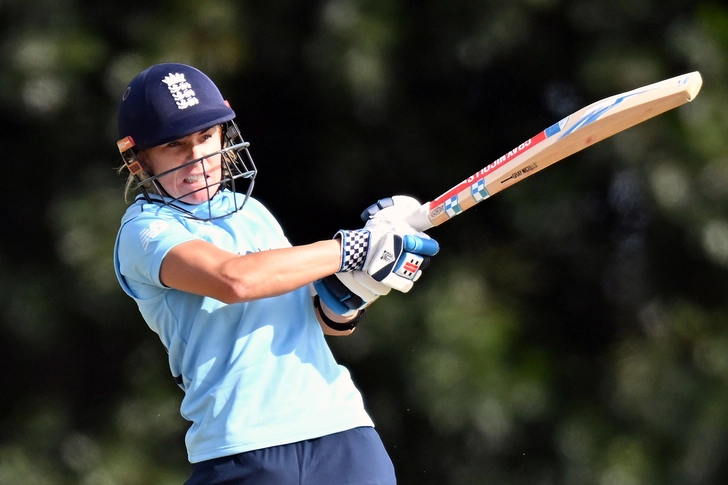
Lauren Winfield-Hill
This English cricketer is a right-handed batter and sometimes wicketkeeper. Four years after her international debut, she was part of the England team winning the World Cup in 2017. Two years later, she was diagnosed with Crohn’s. She was on steroids for a year until she transitioned to medications that helped manage the condition. During one flare-up, she considered abandoning her international athletic goals, telling ESPN, “I’m not well enough, my body can’t tolerate the workout.” How did she rise back to the top? Known as Loz, she recommends regular doctor’s check-ups, bloodwork, and time to see what works. Patience was necessary to find a life-long medication that got her back on the field.
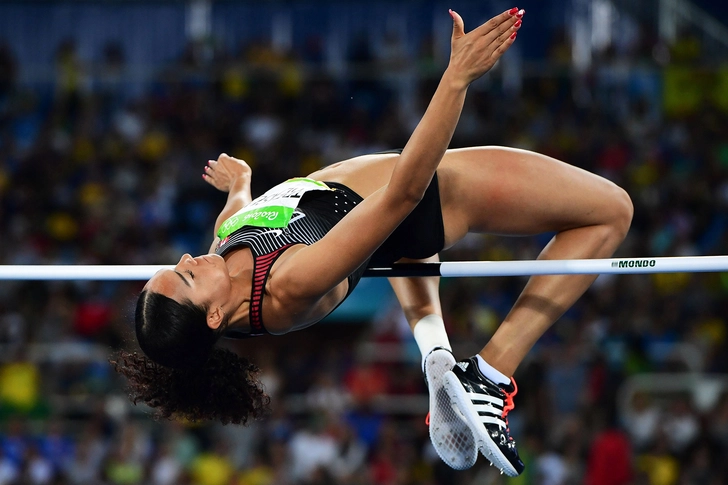
Alyxandria Treasure
Alyxandria Treasure advanced to the high jump finals at the Rio Olympics looking like a healthy, world-class athlete. But she was diagnosed with Crohn’s in high school when the disease took over her life. Hospitalized in college, she had to drop out. A year before Rio, she switched to injections of a new medication, enabling her to travel globally and train harder. She’s proud of her athletic achievements, but even more proud of her journey of ups and downs. It gave her confidence to try again, enhancing her work ethic and discipline. “I wouldn’t be the athlete I am today without Crohn’s,” she told The Globe and Mail.

Jake Diekman
Currently a free agent, left-handed Jake Diekman has pitched for the Philadelphia Phillies, Kansas City Royals, Oakland Athletics, and other MLB teams. Many consider his fastball one of the fastest of major league relievers. To stop colitis flare-ups when he was with the Texas Rangers, he had to have a colostomy and colostomy bag. Later he reversed it. He’s been active with the Crohn’s & Colitis Foundation. Off the pitching mound, he launched a nonprofit, raising thousands of dollars selling T-shirts with the logo “Gut It Out.”
IMAGES PROVIDED BY:
- Katelyn Mulcahy/Getty Images
- George Wood/Getty Images
- Harry How/Getty Images
- David Madison/Getty Images
- Icon Sports Wire/Getty Images
- Tabercil/Wikimedia Commons
- PA Images/Getty Images
- Kai Schwoerer-ICC/Getty Images
- FRANCK FIFE/Getty Images
- Nic Antaya/Getty Images
SOURCES:
1. Cleveland.com: “Larry Nance Jr. takes pride in being a face of Crohn’s disease, hopes to become inspiration for young athletes.”
People.com: "NBA's Larry Nance Jr. Reportedly Recovering After Battling Mystery Illness That Kept Him from Team."
2. ESPN: “Ali Carter opens up about health problems after UK Championship exit.”
3. Olympics.com: “Kathleen Baker Q&A: Crohn's disease has made me a stronger swimmer.”
4. Johnson & Johnson: “I Am a Triathlete With Crohn's Disease.”
5. Mormon Olympian: “Tairia Flowers.”
6. Twitter: “Swole One.”
7. The Times: “Ali Jawad: I’ve Taken Crohn’s to the Limit.”
8. ESPN: “‘There's an awful lot of fight left in me'–Lauren Winfield-Hill rediscovers her England ambition.”
9. The Globe and Mail: “I wouldn’t be the athlete I am today without Crohn’s disease.”
10. Crohn’s & Colitis Foundation: “Jake’s Story.”